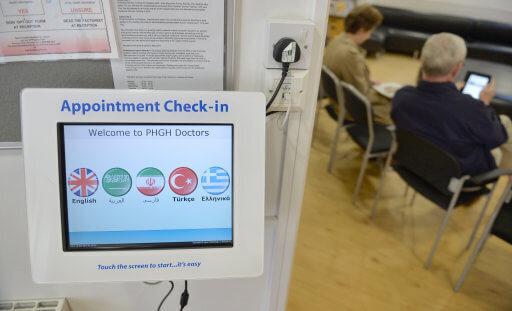The NHS must improve its approach to its “exhausted” and “overstretched” workforce to tackle its record appointment backlog, says the King’s Fund, a think tank specialising in health policy.
5.8 million people are currently awaiting hospital treatment in England, say new figures from NHS England.
This is a record high since records began in 2007.
The health secretary Sajid Javid said last month that it is “impossible to know” whether the NHS backlog will be resolved within three years.


Figures released by NHS England in October showed a previous record figure of 5.7 million people in England waiting for hospital treatment, and that the figure is growing by 100,000 a month.
Commenting on the latest NHS hospital performance statistics for September and October, Deborah Ward, Senior Analyst at The King’s Fund said: “Today’s stats reveal the worst performance since current records began for ambulance calls, A&Es and waits for planned hospital care. In a normal year any one of these would ring alarm bells; taken together before winter has even begun they suggest a health and care system running hot for such a sustained period whilst still dealing with Covid-19, it is now on its knees.
“Patients are facing very long waits to be seen and admitted in A&E departments; performance against the four-hour target for major A&Es stands at a record low of 61.9% (against a 95% target), whilst the majority of hospital trusts are now also reporting patients waiting over 12 hours to be admitted. The waiting list for planned care stands at 5.8 million and whilst NHS staff are working flat out to tackle this backlog, around 1.5 million people – half the population of Wales – are joining the waiting list each month. We must remember these are not just big numbers – they are people living with pain and anxiety awaiting treatment, in some cases for more than two years.
“Chronic workforce shortages heap further pressure on overstretched staff who are exhausted from the pandemic and will be the rate-limiting factor in the government’s ambitions to tackle the backlog and boost NHS activity and performance. Yet workforce has become a blindspot for the government; without a multi-year, fully funded workforce strategy the health and care system continues to face declining performance.”












